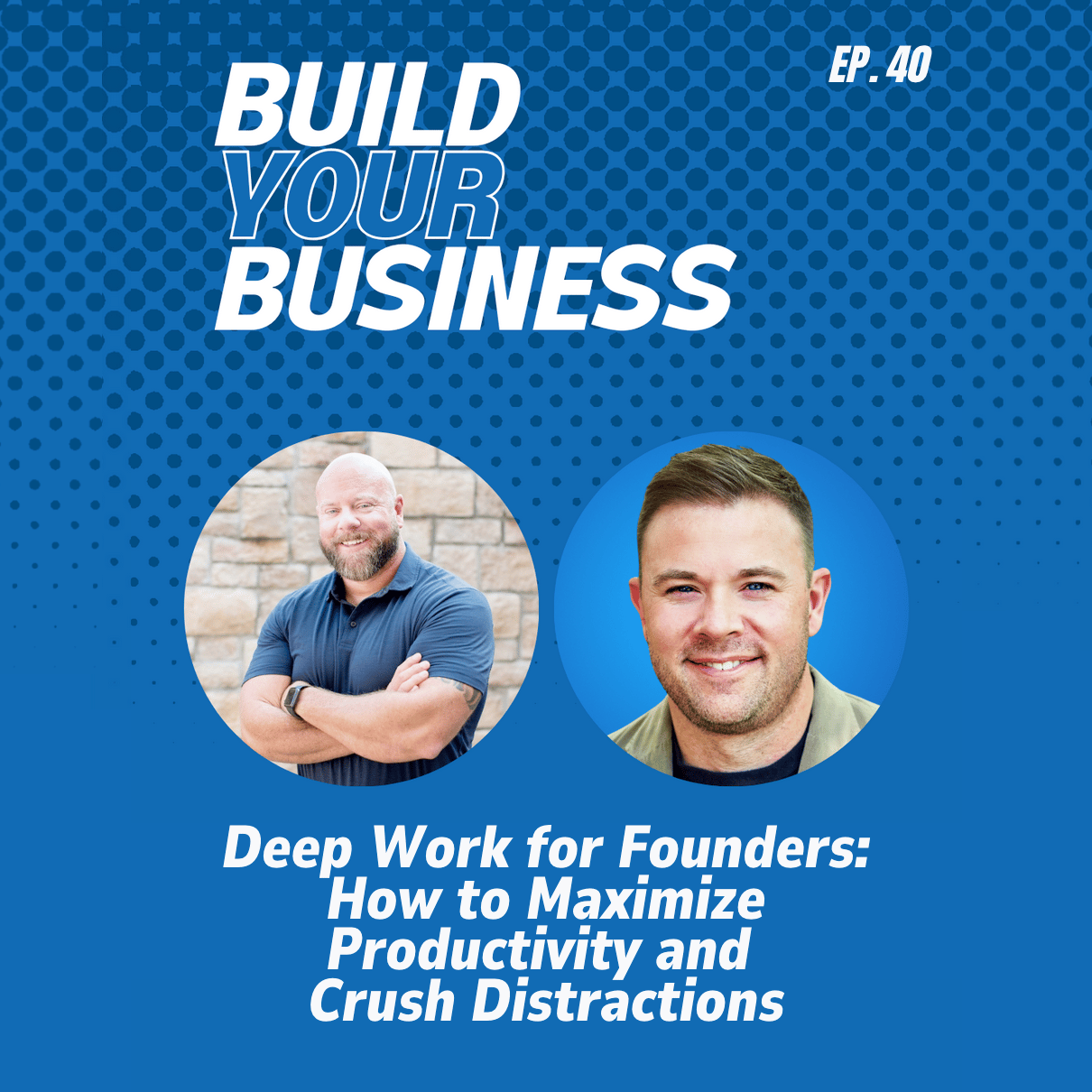- The Blueprint
- Posts
- Your Company Has Too Many Values
Your Company Has Too Many Values
Your team can't remember your values. Here's how to fix it.
Hey!
Chris here. Welcome to Blueprint—the newsletter to help you build a winning engineering team.
When founders start defining their company values, the advice is usually the same: create a list of everything you stand for.
So you sit down with a pencil and paper and try to create that list, and all of a sudden you find yourself in double digits.
Here's the spoiler: It doesn't work.
The human brain can't prioritize that many things. When you say you value everything, you effectively value nothing.
Let me show you why the best businesses have only a few values (and how they select them). 👇️
📒 DEEP DIVE
Why fewer values lead to better decisions
How to focus your priorities so they reflect what truly matters—and actually shape decisions.

When I was in high school, my dad taught me a lesson about prioritization that's stuck with me ever since.
It was my sophomore year. After years of begging, I'd finally been allowed to play football. But I was also involved in about 40 other activities, so I quickly became overwhelmed.
I went to my dad because I didn't know what to do. I'll never forget what he told me:
"Chris, in life, there are always going to be more good things that you can do, but shouldn't. That's because if you do, you won't have time for the best things."
Values work the same way. There are dozens of principles you could build your company around. But the discipline lies in focusing on the ones that define who you are.
Why Fewer Values Are Stronger Values
If you say you value 25 things, team members can give each one just 1/25 of their focus.
This matters because values are only meaningful when they guide decisions. And they can only guide decisions if people remember them when tough choices need to be made.
Long lists of values are forgettable. Your values should be sticky, repeatable, and function as decision filters.
Here's how to get there:
The Process of Narrowing
1. Brain Dump Freely
Start by writing down everything that matters to you. Try not to edit yourself—yet.
What drives you crazy about how other people work? Those irritations usually point to your core values.
I'll give you an example from my own company, Surton: One of my biggest frustrations is slow Slack response times. If I ask somebody a question, I expect a fairly fast answer.
To be clear, that answer can be "I'm currently running a kid to school, I'll get back with you later." I don't expect anyone to drop everything they're doing; I just need acknowledgment that my message has been seen.
This annoyance became our core value of communication.
2. Find Themes
Look for patterns. For instance, drive and agency are two things I value highly that have a lot of overlap—they're both about believing you can affect change in your world.
Create groups around related concepts and organize your list accordingly.
3. Trim, Trim, Trim
Most founders never do this, which is why many companies need multiple pages to capture their core values.
Ruthlessly trim and combine until your list is down to around 3-5.
These are truly core values.
4. Stress Test
Ask yourself: Would these values help me navigate a tough decision or a morally ambiguous situation?
If the answer is no, you need to take a step back. This might be important to you, but it's not a true core value of your company.
Don't move forward until each of your values passes this test.
5. Erase the Rest
This is the hardest part.
Warren Buffett talks about making a list of everything you want to do with your life, prioritizing that list, then erasing everything after #3. You can't do those things if you want to accomplish what matters most.
The same applies to values. There are always more good things you could value, but you only have time for the best ones.
Why Narrow Values Matter in Practice
Think about the last time your business was in some perilous ground. You faced a choice that might benefit you, but could hurt really badly if it doesn't work out.
You can't afford to hesitate here. But that becomes inevitable if you or your team have to reference a 3-page "core values" document before making a decision.
In the most crucial moments, you should be able to fall back on a mental list of the 3 narrow values that truly matter to your company.
The Bottom Line
As a founder, your values become your company's values. And your company values determine who stays and who goes, what opportunities you pursue, and how you handle the inevitable challenges.
But only if you and your team can remember them.
Compress, erase, and focus—because if everything is a value, nothing is.
🎙 EPISODE OF THE WEEK
In this week's episode of the Build Your Business Podcast, Matt and I unpack what may be the most important skill for any entrepreneur: deep work for founders.
We explore how you can build rituals that trigger flow, how you can design your day around peak focus hours, and why eliminating distractions is the first step toward real freedom in your business.
Whether you're running a growing team or just getting started, this episode shares the tools needed to win back your time, focus your mind, and get high-leverage work done.
Check it out: Spotify | Apple Podcasts | YouTube

BEFORE YOU GO…
Take 15 minutes this week and do the brain dump exercise.
Write down everything that irritates you about how other people work. Then compress, get down to three, and test them against real decisions you've made recently.
And remember: the goal isn't to have the most comprehensive list of values.
It's to have the values that shape your choices when it matters.
Talk soon,
Chris.